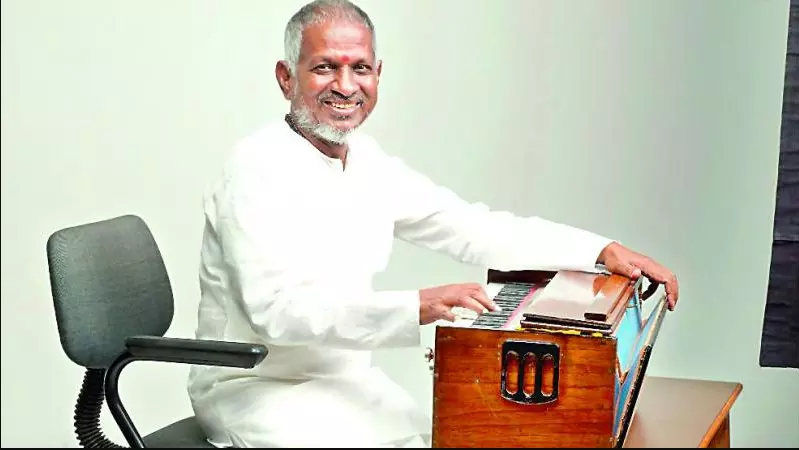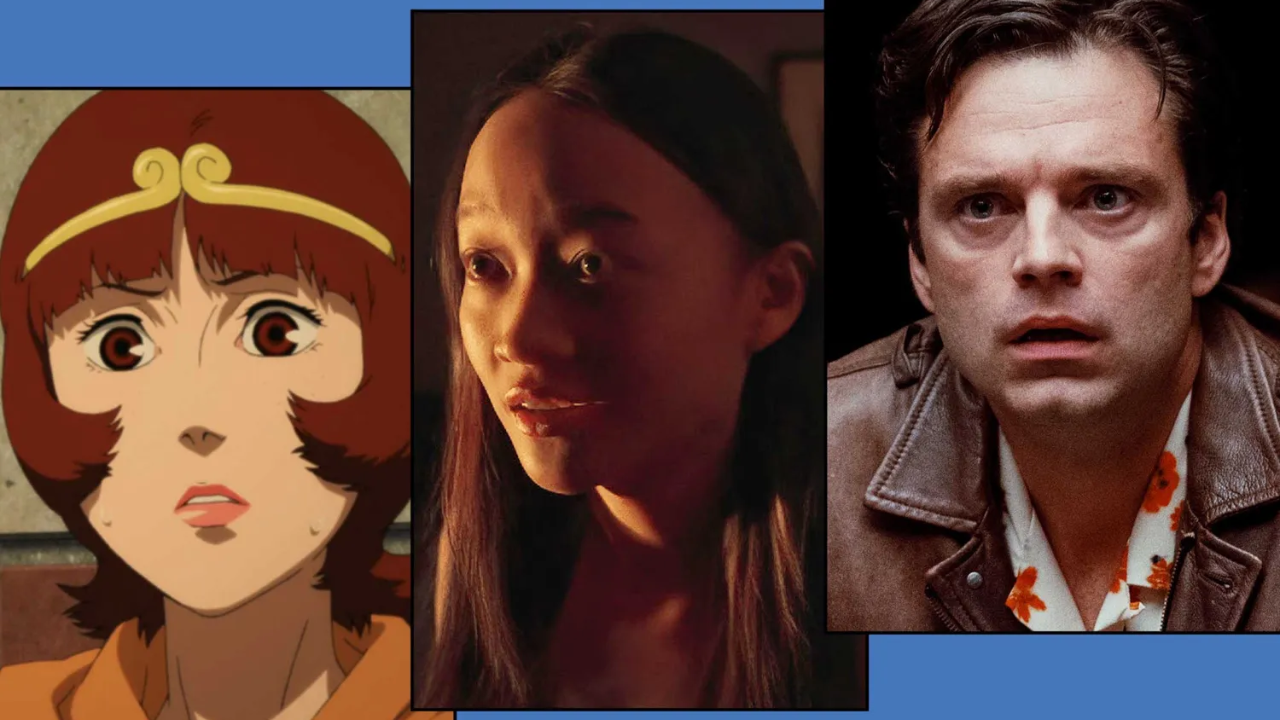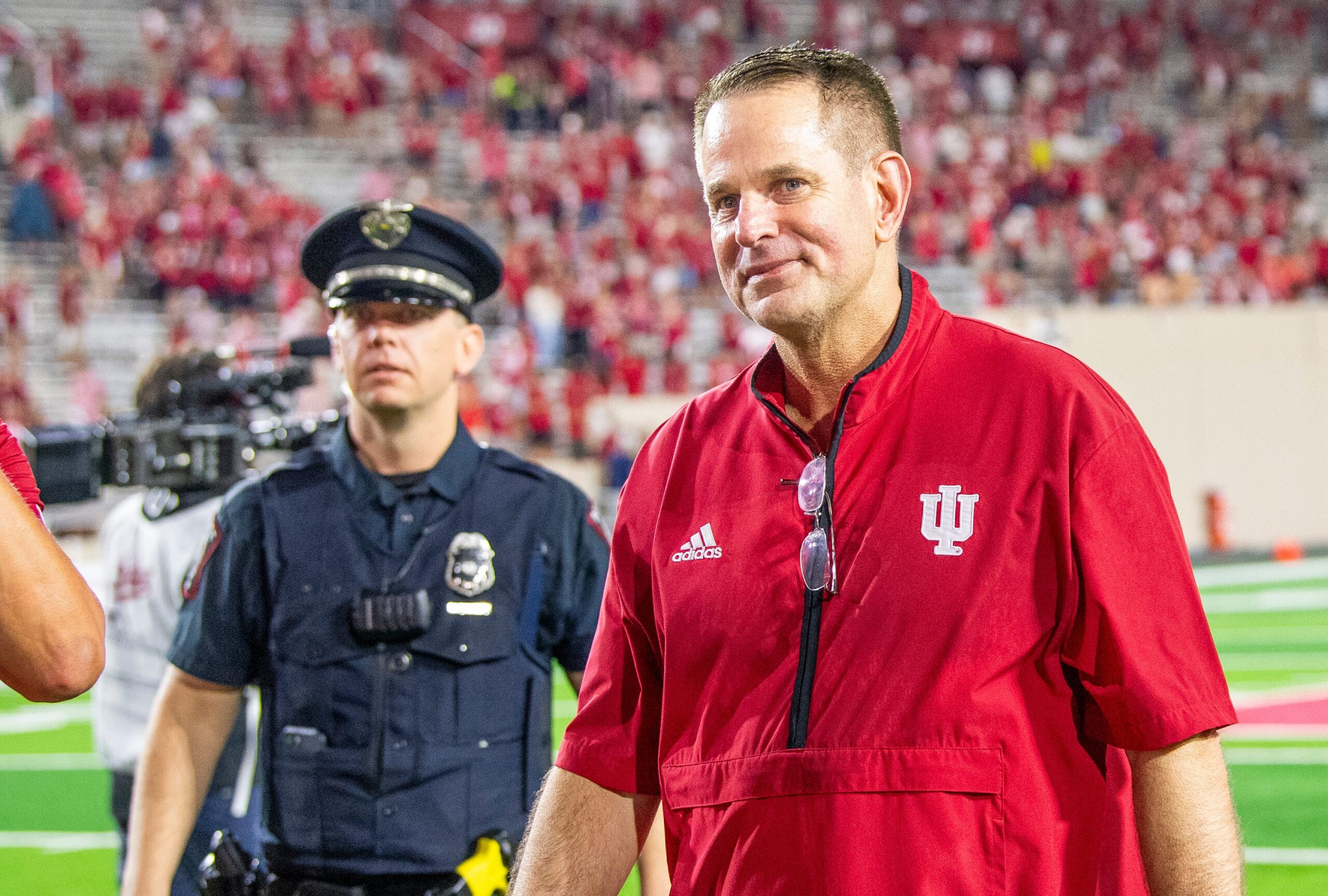Copyright deccanchronicle

For decades, Ilaiyaraaja has been more than a composer — he’s been the emotional undercurrent of Indian cinema. Yet, time and again, filmmakers and music labels have used his work without consent, sparking recurring legal tussles. His disputes with the late S.P. Balasubrahmanyam, K.S. Chithra, and several producers are often dismissed as ego clashes. But at its core, his crusade is about recognition, authorship, and dignity — not ego. “When someone like Ilaiyaraaja sir has to fight for what’s rightfully his, it shows how broken the system still is,” says independent musician Pramod Kumar, aka Asura. “It’s not about legacy; it’s about respect for creation.” The Fine Print In the ’80s and ’90s, when Ilaiyaraaja composed some of his most enduring scores, India lacked a clear legal framework for film music ownership. Producers often acquired complete control of the sound recording, sidelining composers from future usage or profits. Advocate Shraddha Gupta, Partner at The Law Chambers, explains, “Under Section 2(d) of the Indian Copyright Act, 1957, the composer is the author of a musical work, enjoying exclusive rights under Section 14 to use, reproduce, and distribute it.” It was only with the Copyright (Amendment) Act, 2012 that these inequities began to be addressed. The amendment introduced a statutory right to royalties, strengthened moral rights, and brought digital usage under legal scrutiny — slowly shifting the system from a producer-driven model to one that recognises the composer’s creative claim. Royalties and Reality The 2012 amendment also extended rights to singers and musicians, ensuring they receive royalties whenever songs are played on radio, streaming platforms, or live events. Veterans such as Lata Mangeshkar, Sonu Nigam, and Alka Yagnik had long campaigned for this reform. To facilitate this, collection societies were established — IPRS for composers and lyricists, PPL for sound recordings, and ISAMRA for singers and musicians. Yet, enforcement remains inconsistent. “Assignment agreements are often drafted to favour producers,” says Shraddha. “Composers frequently sign away their rights due to power imbalances. Ownership in law and ownership in practice still diverge.” Authorship vs. Assignment Composer Vishal Chandrashekar, who has worked across multiple film industries, says Ilaiyaraaja’s fight resonates with every composer. “It’s not just about ownership but authorship — the idea that a composer’s music carries moral and creative value beyond the film it was written for,” he says. “Younger composers are more aware of their rights, but awareness doesn’t always equal negotiating power.” Composer Vijay Bulganin adds, “We understand that once we give away our rights, technically it’s not ours anymore. Raaja sir’s fight is about a creator’s right to their own art.” A Culture Shift in Progress Ilaiyaraaja’s legal stand has sparked something larger — a reckoning for an industry that often treats creative labour as disposable. “We need a culture shift from seeing artists as talent-for-hire to intellectual creators,” says Asura adding, “The industry needs legal awareness, fair contracts, and unions that actually protect artists.” A Turning Point Indian cinema has made progress, yet composers remain undervalued in credit, royalties, and consultation. “Ilaiyaraaja sir’s stand was a turning point,” says Vishal. “It reminded us that film music is not just a product — it’s authorship.” Knowing royalty rights • The 2012 Copyright Amendment Act gave composers and singers statutory royalty rights — but enforcement still lags. • Collection societies like IPRS, PPL, and ISAMRA manage royalties, though transparency remains a concern. • Producer contracts often override moral rights, leaving composers with little control over their creations. • Artists demand fair contracts and respect, calling for a cultural shift in how music is valued. • Ilaiyaraaja’s battle underscores a broader movement toward creative accountability and authorship in Indian music.



